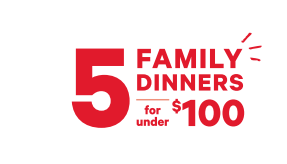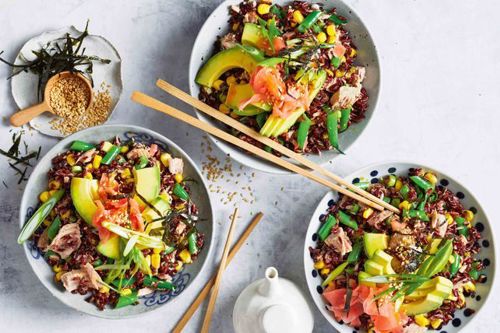There is no doubt life is becoming much more expensive in New Zealand as inflation hits a three-decade high, influenced by both domestic and international factors such as increased food, energy and housing costs, pent-up demand for consumer goods, and ongoing supply-chain disruptions.
In the 12 months to December 2021, Consumer Price Index (CPI) inflation surged to 5.9 per cent, compared with 4.9 per cent in September, 3.3 per cent in June, and just 1.5 per cent in March. Increasing exstensively throughout 2021.
Annual food prices were 4.5 per cent higher in December 2021 than they were a year previously, rents increased 3.8 per cent and petrol prices leapt 30 per cent.
Every year kiwis send 157,398 tonnes of food to landfill.

Everything changed for all of us. 2019 we started to hear about the word pandemic and Covid -19. We watched how overseas countries were hit by the largest viral pandemic the world has ever seen. New Zealand has had a wave of small outbreaks the past 2 years. How we live has changed. Social distancing, masks, quarantine, vaccinations passports, lock downs, entry and travel restrictions have had a huge impact on our Island nation. What will happen this year is an unknown, and we cannot control something that is out of our control. We have been impacted socially, emotionally, politically and economically. Rising food prices are hitting everyday New Zealanders hard. Supply issues and staffing shortages due to Covid – 19 has pushed up prices in not just food but fuel as well. How we shop in our supermarkets therefore needs to change. It can change. The habit of bulk buying, and stocking up needs to stop. Planning meals and portions for the week is essential for a healthy budget and will help reduce over spending while enabling the supermarkets to fill the shelves. Making sure food is not wasted is another aspect of saving money and limiting food waste we generate in a household.
New World and Love Food Hate Waste (LFHW) have teamed up to focus on reducing weekly spending for families, which means making the most out of your weekly budget when buying groceries and being kind to your wallet.
How does spending under $100 on family meals for five sound?
Download free weekly meal planners HERE

About the Love Food Hate Waste weekly meal plans:
Seasonal ingredients
The recipes in this meal planner are designed for summer as they use summer produce, but can be made at any time of the year with seasonal substitutions.
Zero food waste
The meals are designed to be zero food waste. All the shopping list ingredients you buy should be used by the end of the week. For some meals you may have leftovers and the recipe will tell you whether they’re suitable for freezing or are best eaten the next day.
Ready-to-go shopping list
The shopping list tells you the ingredients to buy for the week. The pantry staples lists other ingredients you will need but are likely to have in your fridge or pantry already. Before going shopping check you have the staple ingredients and check your fridge, freezer and pantry as you may already have some of the ingredients on the list. If there is an ingredient you or your family doesn’t like, swap it with one you’ll all enjoy and avoid waste.
These meals are budgeted to cost under $100* and any substitutions or alterations may affect the overall cost. Some ingredients will be used across more than one meal in a week. These ingredients are all marked with a * so you know not to use all of the ingredient in one meal.
Protein balance based on nutrition guidelines recommendations
These recipes are based on current nutritional guidelines. Varying the type of protein in your evening meals can help you get a good balance of nutrients. A good guide is to aim to have fish once or twice a week, chicken with the skin removed once or twice a week, lean red meat twice a week, one egg-based meal, and one vegetarian meal. The ‘adapt it’ tips show you how to change up the recipe to enhance the nutritional content.
References:
